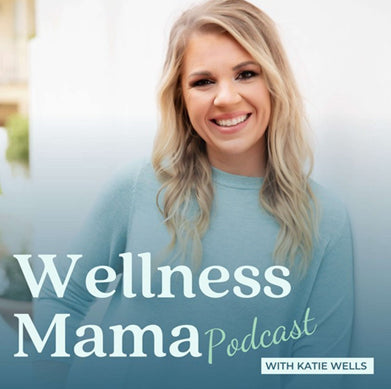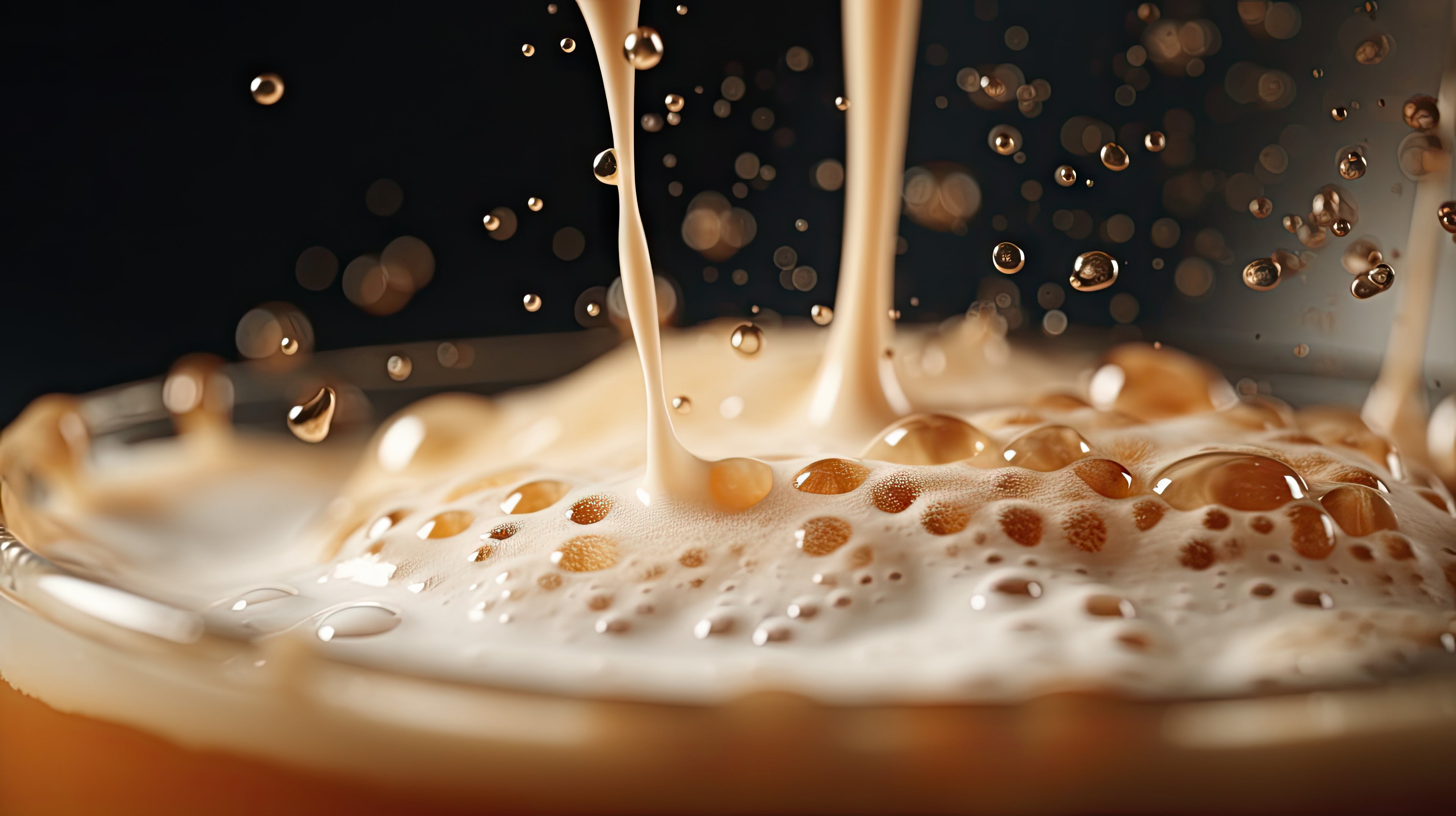
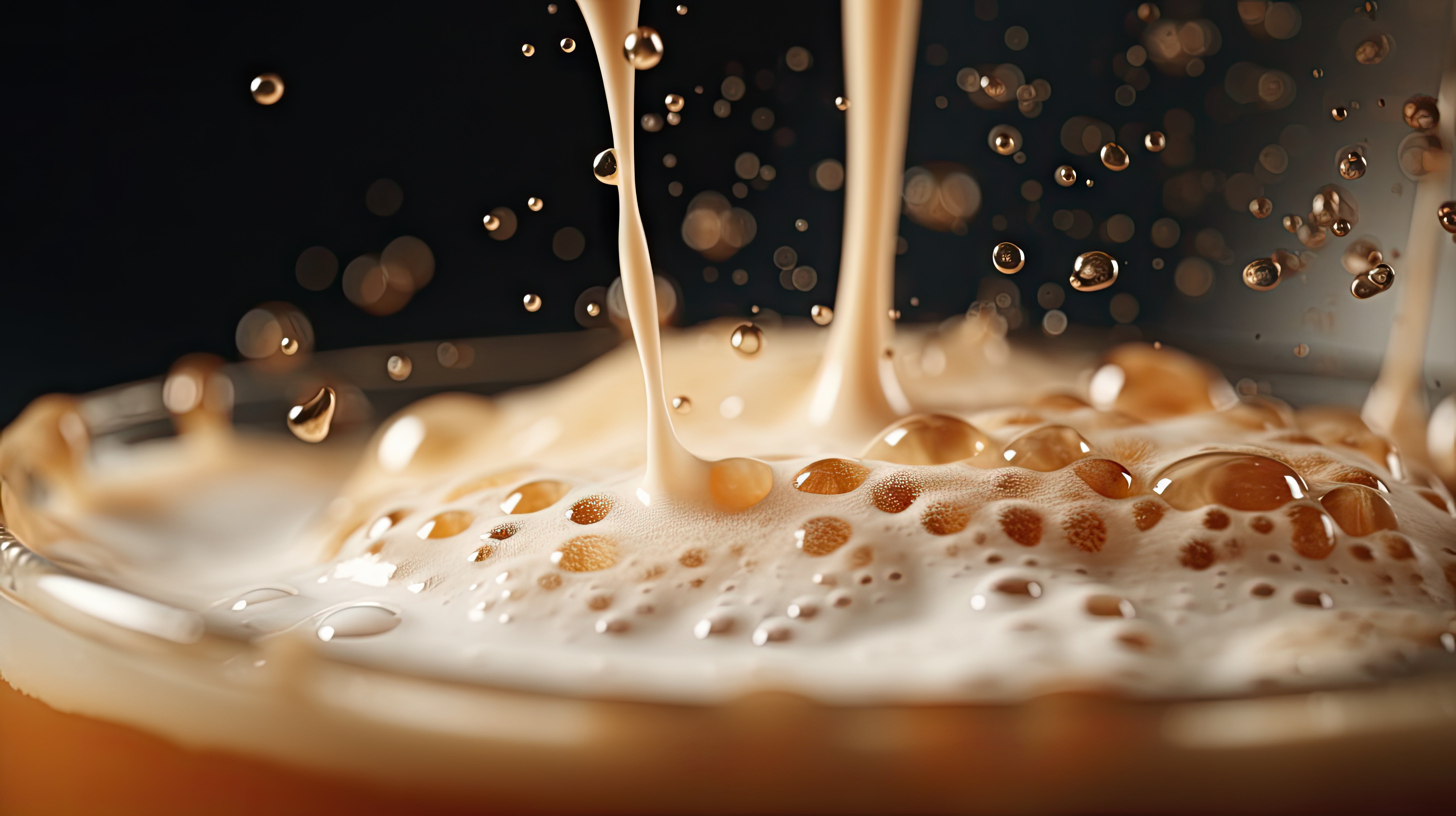
Quality Matters
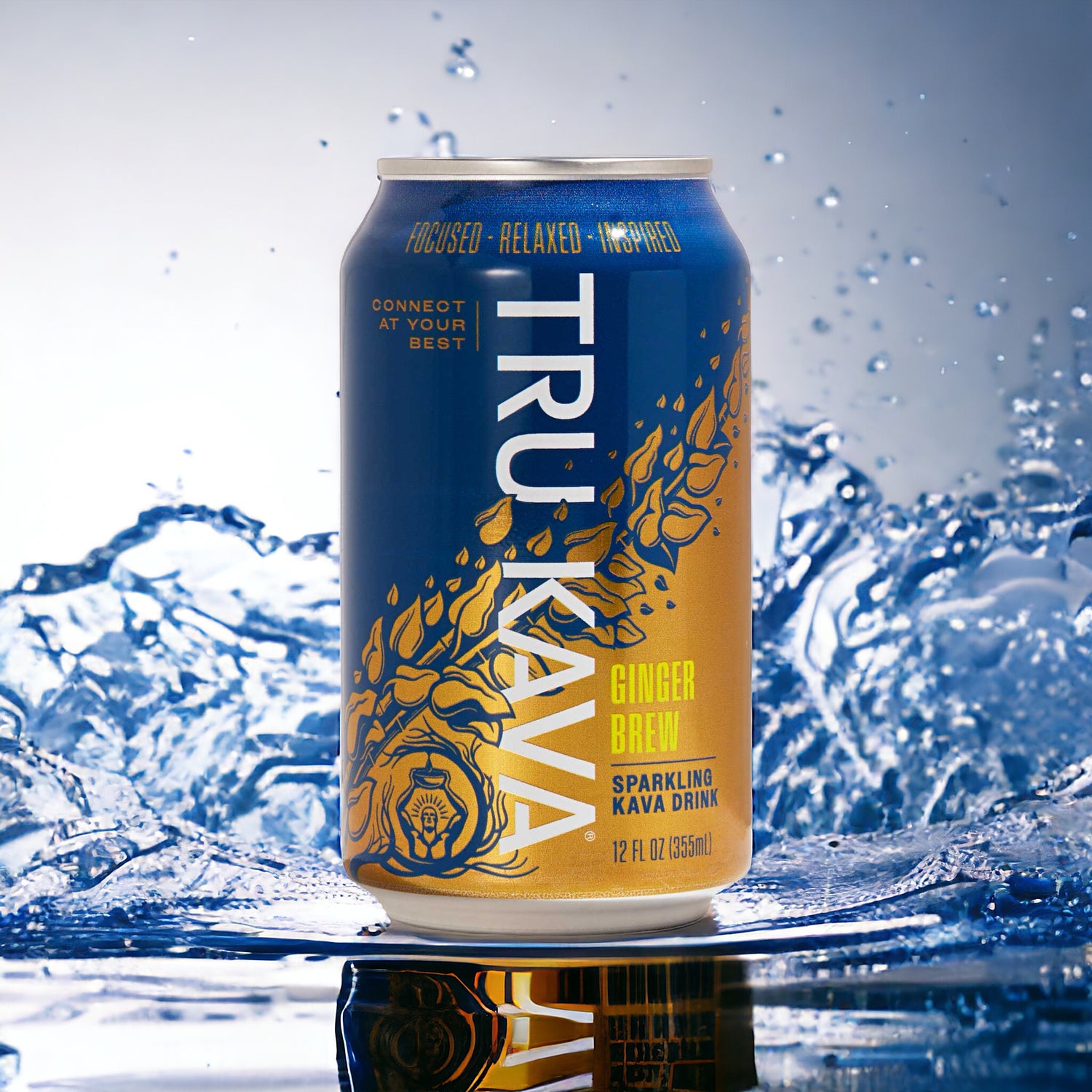
Not All Kava is Created Equal
When it comes to Kava, quality matters. There's a vast range of quality and effectiveness out there, and unfortunately, most all products fall short of delivering the full authentic kava experience. But fear not, because TRU KAVA is here to revolutionize the market and bring you the absolute best traditional kava you can find.
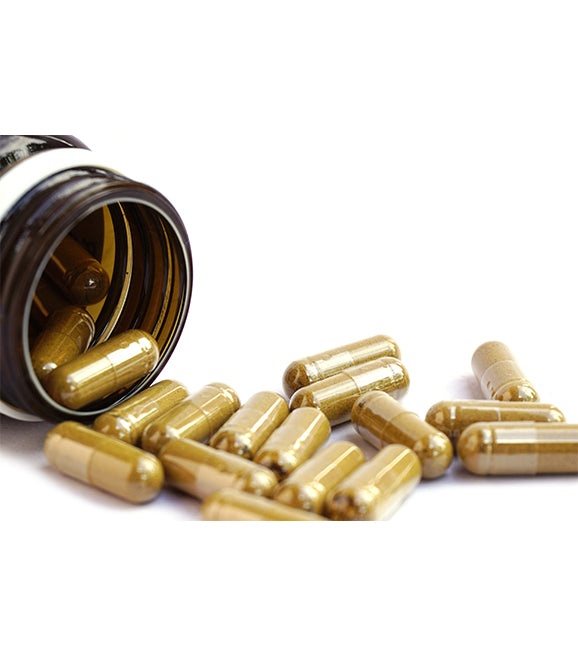
Traditional Kava vs. Kava Extracts
There are two main categories of kava products: traditional food-grade kava and kava extracts. Traditional food-grade kava is prepared using water and pressure only, making it a complete food/beverage. On the other hand, kava extracts (usually in the form of capsules, liquids, pastes, or tea bags) are isolates or concentrates extracted using solvents like alcohol or CO2. Traditional food-grade kava, with its rich history and proven safe use
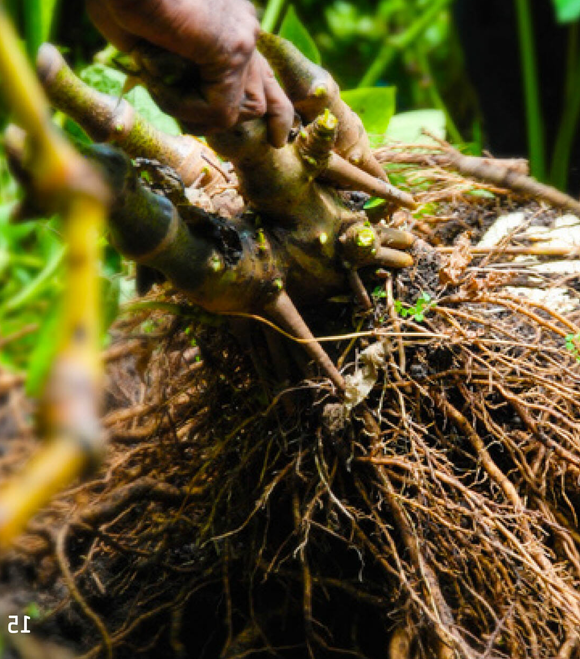
Quality Matters
In recent years, confusion around these different forms, as well as other factors that affect quality (different strains, parts of the plant used, common contaminants), has led to many misconceptions around effectiveness and safety. Probably the most noteworthy instance that has occurred was around Kava’s safety, which originated from contested research that was conducted in 2001 primarily in Germany that loosely suggested a correlation between Kava extract consumption and liver toxicity. This faulty research was adopted by other countries and led to various temporary bans and restrictions on Kava.
Subsequently, a body of newer, more rigorous research followed, and invalidated the earlier findings, which led to conclusions and overturning the restrictions in 2014. Most other countries around the world have since followed.
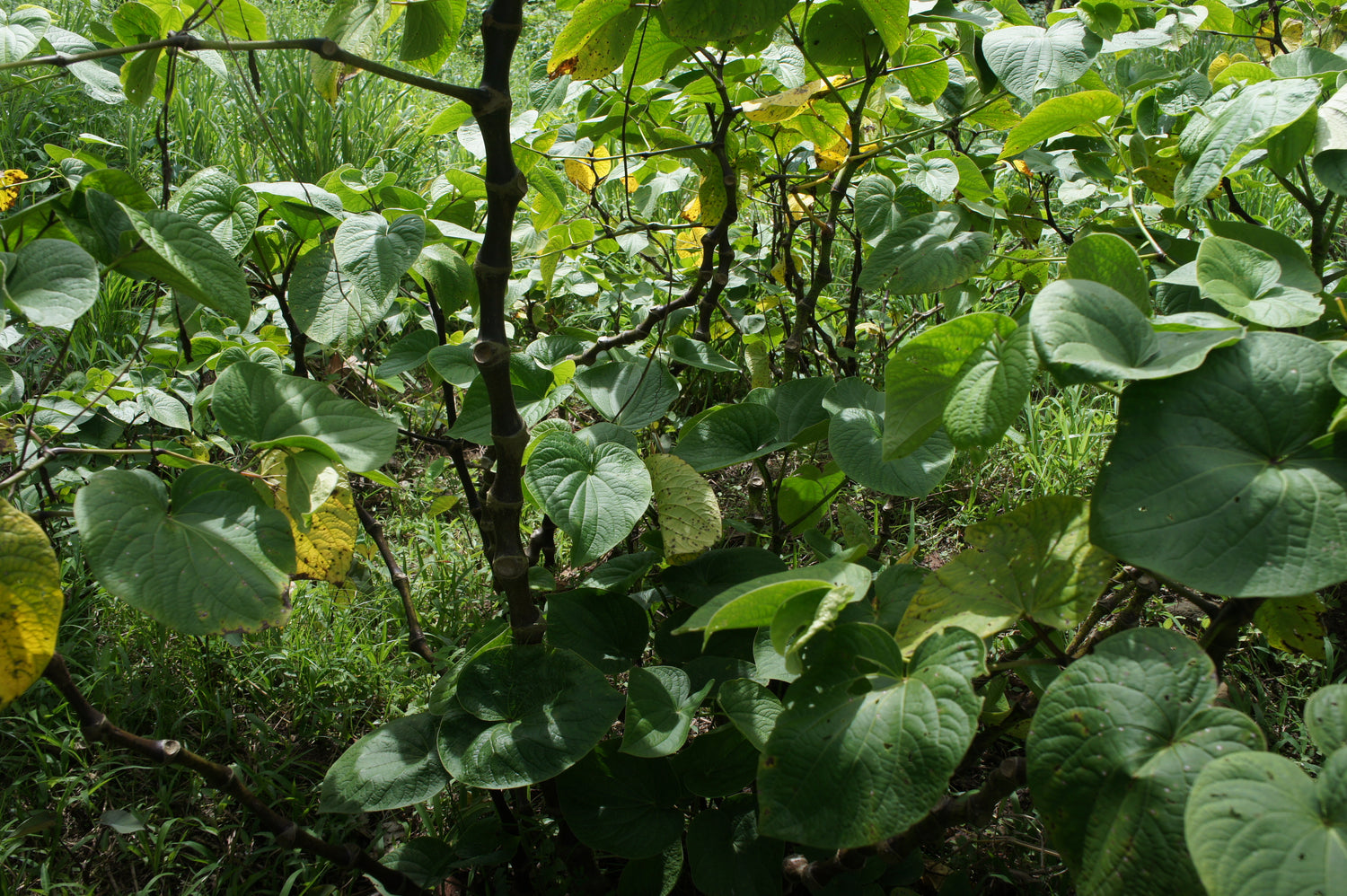
During later investigation, it was discovered that the original faulty German research did not use the authentic Traditional Kava beverage (as defined below) that has been used safely by South Pacific islanders for over 3000 years. They instead used:
(1) a denatured kava-like product extracted with solvents;
(2) that likely contained non-daily use strains;
(3) unconsumable stem and leaf plant parts;
(4) and Mycotoxin contamination.
Plus, the study failed to control for other important factors like alcohol and acetaminophen consumption.
Kava, (similar many other plants such as rhubarb) has certain parts above the ground (Leaves and Stems) that can be mildly toxic to some people, whereas the underground root parts are 100% safe for regular consumption.
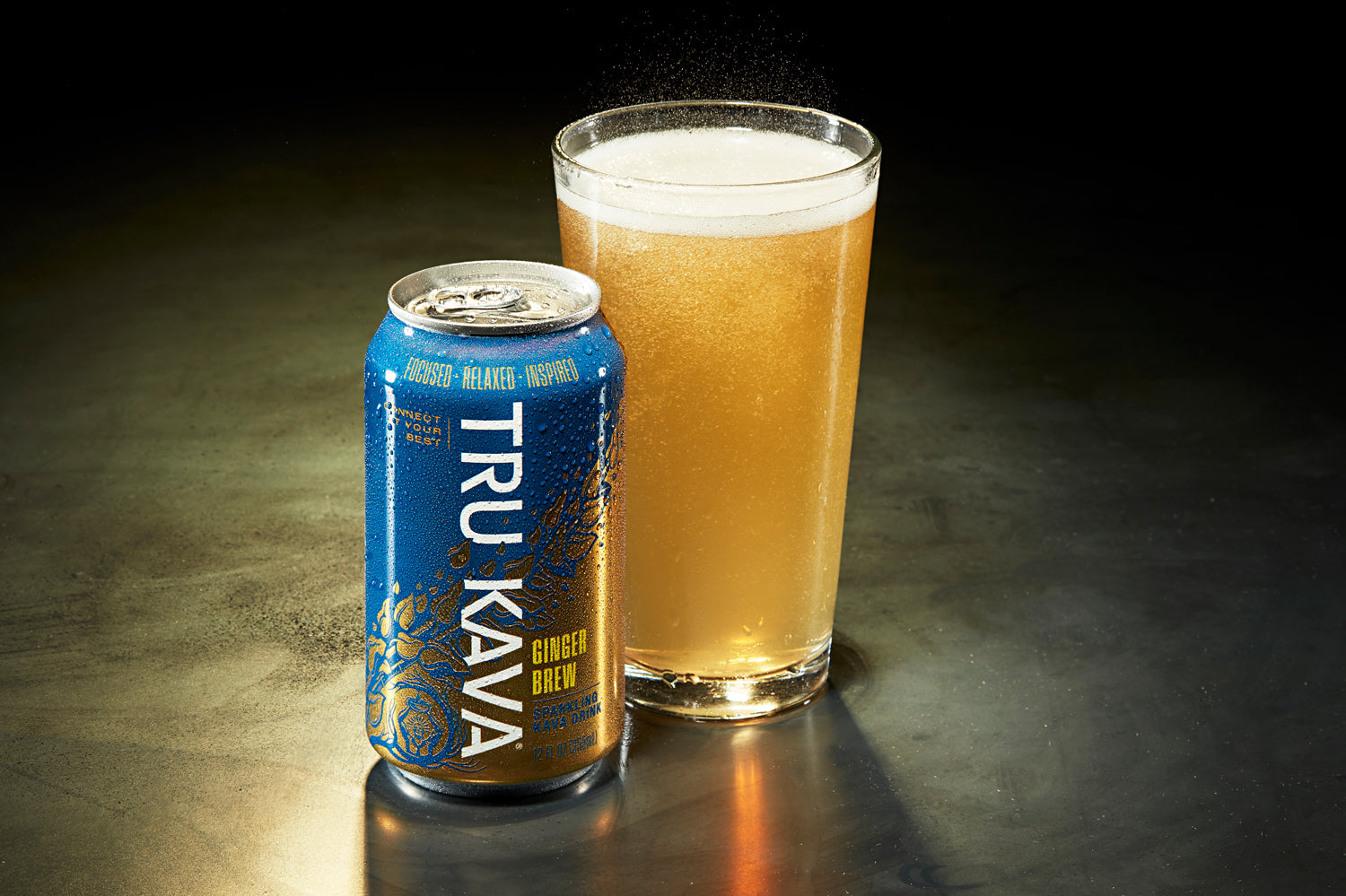
Traditional Kava is the Real Deal
The Authentic Traditional Kava beverage by official definition is:
(1) made with Kava root material only (no stem or leaf material);
(2) from specific approved daily-use strains;
(3) that are extracted with water and pressure only
(no solvents)
This makes it a complete natural food that your body can easily handle.
Traditional kava is the original and most effective form of Kava. It is virtually side effect-free and retains the full potency, safety, and therapeutic effects profile that has made kava so famous in South Pacific Island culture. This is due to its complete spectrum of active constituents being present in their natural ratios. While traditional kava has often been overlooked in the mass marketplace, TRU KAVA introduces this remarkable form of kava to a wider audience.
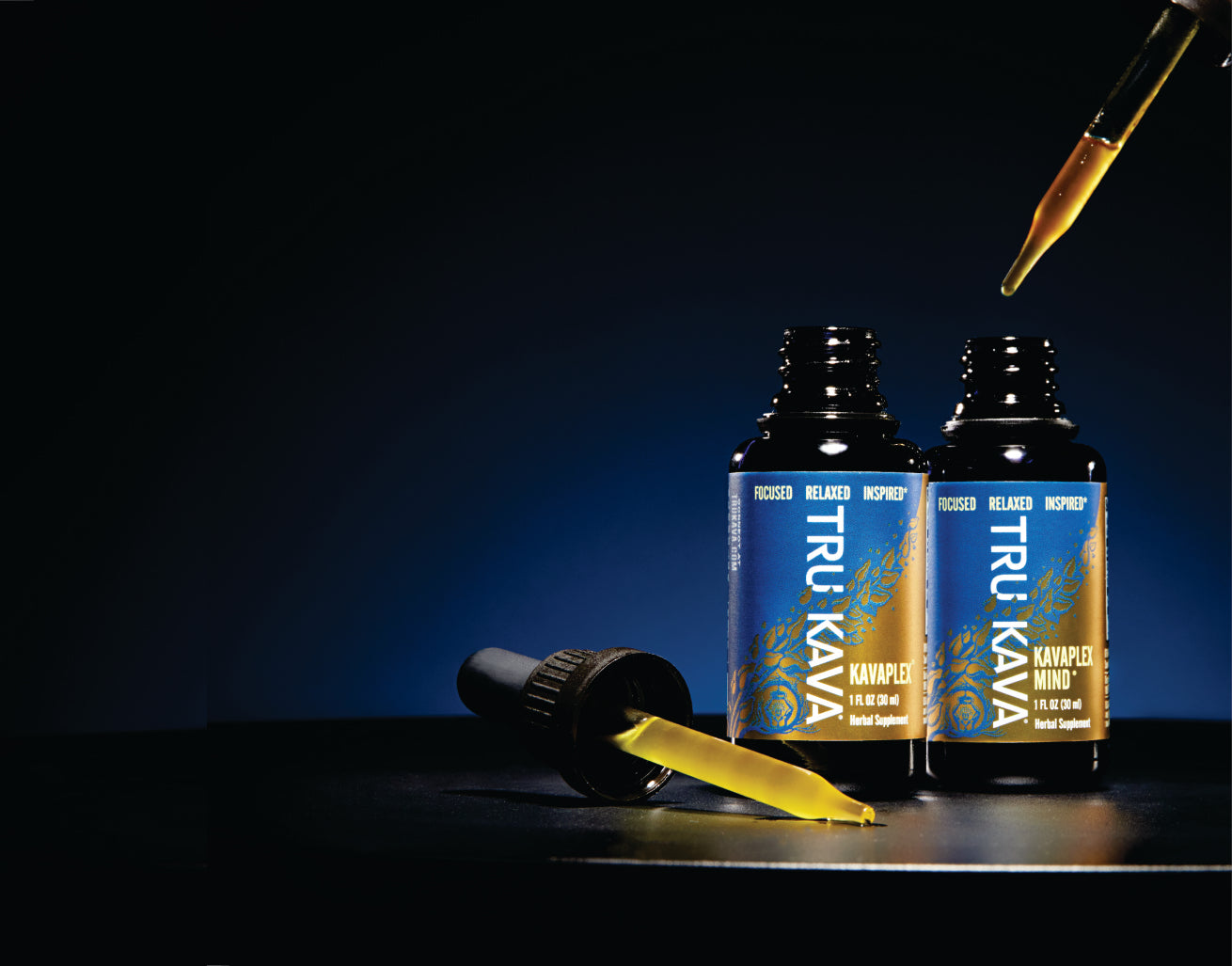
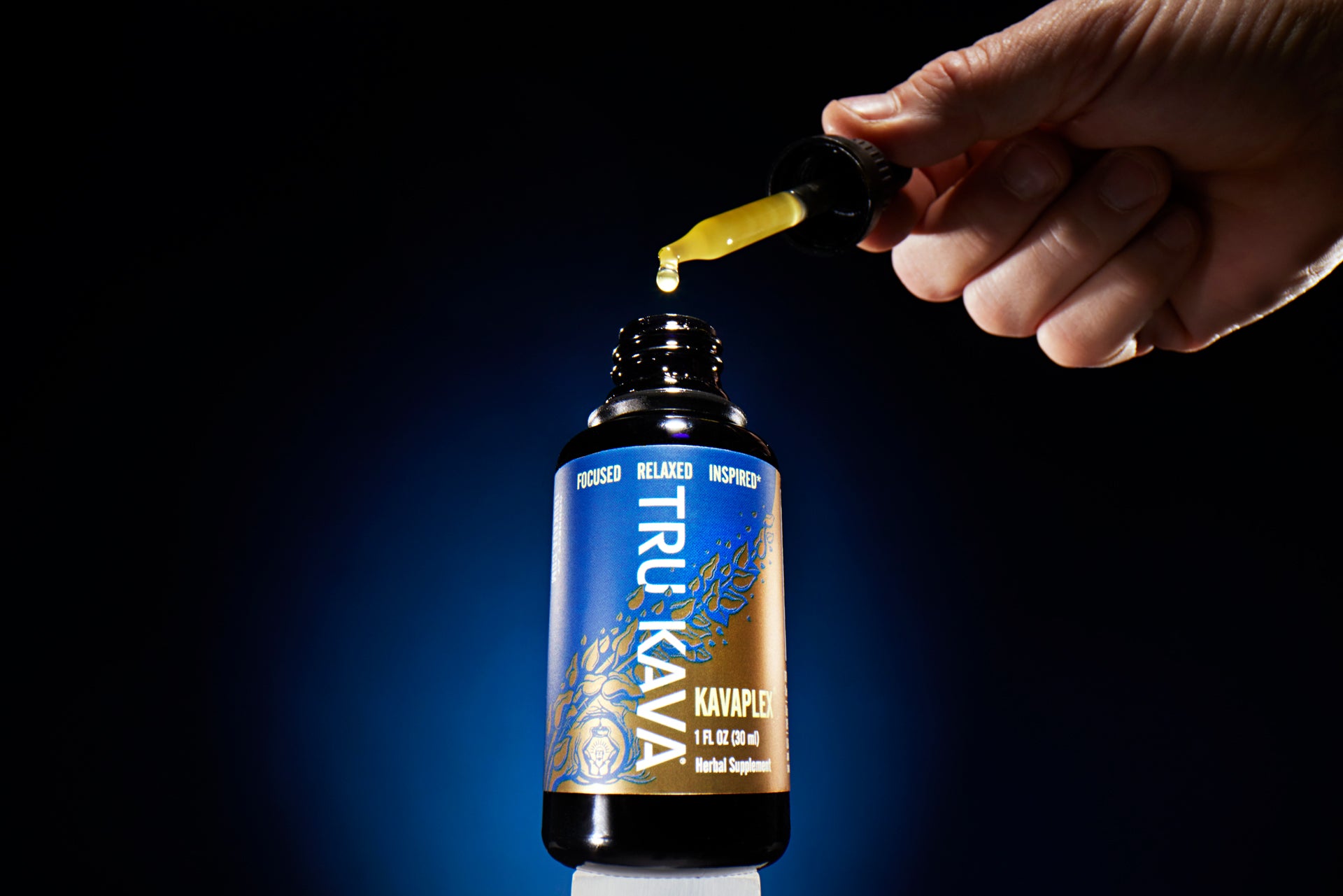
Setting the Standard for Quality
In 2009 the World Health Organization (WHO) conducted a risk assessment of kava products, and concluded that in this authentic traditional form, “Kava has had at least a 1500-year history of safe use. Based on available scientific information it can be inferred that kava as a traditional beverage is safe for human consumption.”.
During this time, an international quality standard that distinguishes traditional kava as a food from kava-like extracts was developed by a coalition of prominent kava researchers from the South Pacific and Europe. This standard was then fully adopted in 2021 by the Codex Alimentarius Commission, a joint initiative of the Food and Agricultural Organization of the United Nations (FAO) and the World Health Organization (WHO). The FDA also supports this quality standard and plans to establish it into the regulatory framework in the United States in the future.
Under this international quality standard, to be classified as a food, kava products must meet specific criteria:
The kava must contain 100% root material without toxic aerial parts (leaves and stems).
The kava must consist of 100% certified "daily use" kava varieties (by using HPLC standards).
The kava must be water and/or pressure extracted without the use of solvents.
The kava must be tested for contaminants such as bacteria, mold, and mycotoxins.
The Industry Leader of Traditional Kava
TRU KAVA is at the forefront of kava innovation by being the first fully commercialized traditional kava company, providing the safest and most effective kava products on the market. We set the new standard for kava quality, supporting the criteria established by the international quality standard initiative of Codex Alimentarius and the World Health Organization (WHO). In fact, we scrutinize our entire pocess to ensure the highest quality and potency.

Recommended By Top Health Experts and Performers
Dave Asprey
"KAVAPLEX is one of 2 best hacks for sleep. I notice a quantifiable difference on my
sleep score every single night when I take it!"

Ben Greenfield
"TRU KAVA is an amazing safe alternative to drugs and
alcohol. It's one of my favorite
compounds for both maximum creativity and productivity."

Thomas Delauer
“TRU KAVA isn't like other ways to calm down and relax. I've never been a drinker, but TRU KAVA makes me feel more social, relaxed, and even helps my sleep, withOUT the drawbacks of alcohol.”

Luke Storey
“I love finding effective alternatives to alcohol and drugs, and Cameron has perfected the use of kava products of which I’m a BIG fan!”





